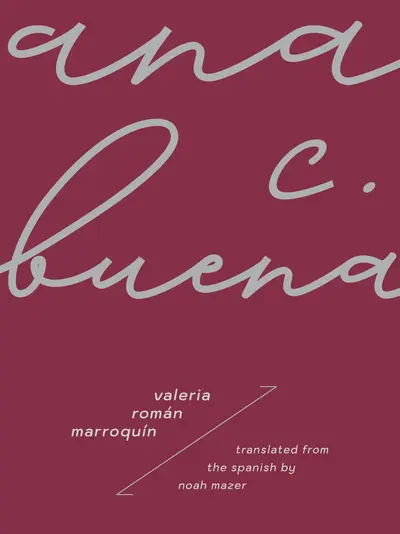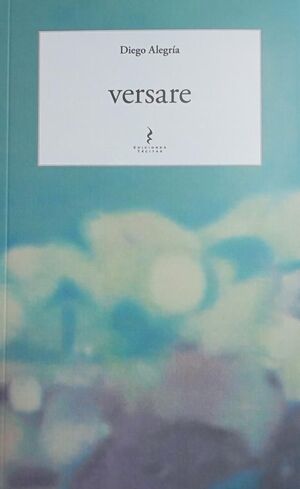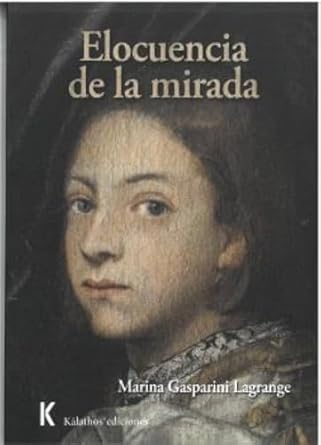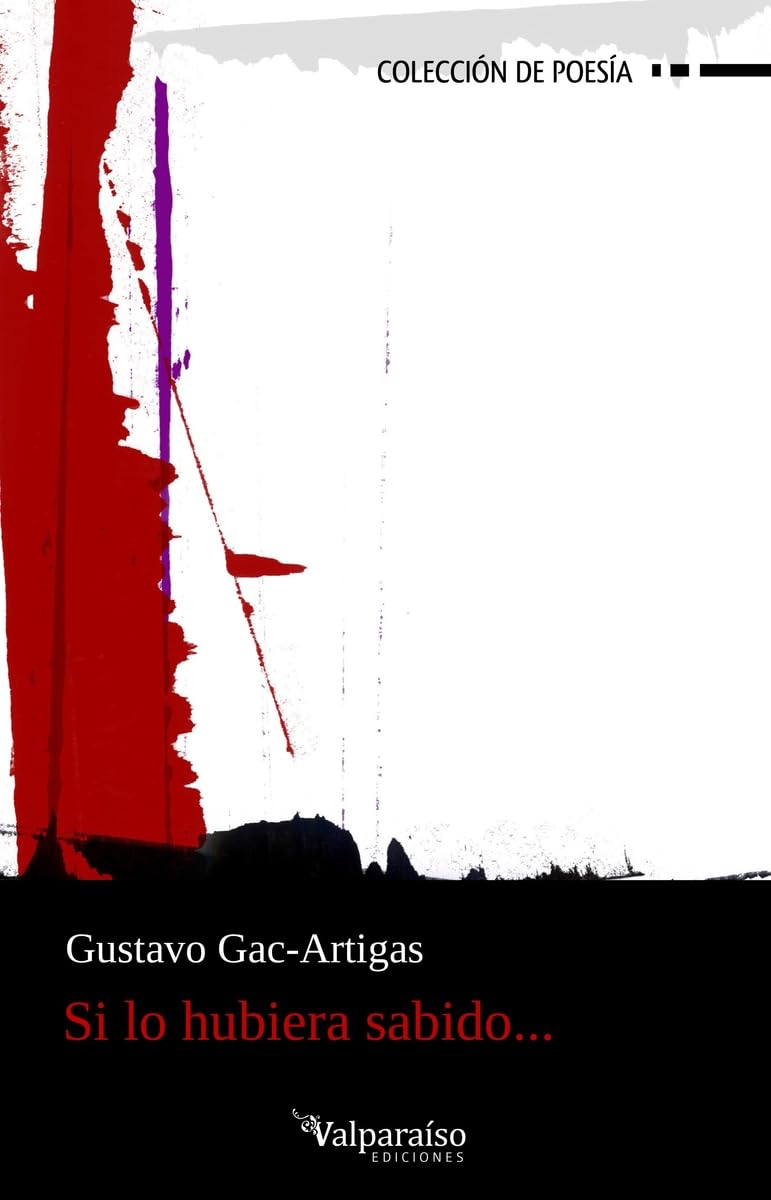United States: Louisiana State University Press: 2023. 332 pages.
 What for the Venezuelan literature of three decades ago would have been an unlikely phenomenon now comes into being with the urgency of the realities of migration: a considerable anthology of Venezuelan poets now settled in Chile. This is an effort that could be replicated throughout Ibero-America. Which is to say that the diaspora has established any number of nuclei, international capitals outlining another map of the literary state of things. If previously our attention might have been on regional debates or the “cultural scenes” of Caracas, Valencia, Mérida, or Maracaibo, for example, creative processes now extend themselves geopolitically across a number of cities on the American continent, as well as a few European cities: Lima, Bogotá, New York, Madrid, Buenos Aires, or Santiago, to name just a few. The Venezuelan writer inhabits these linguistic communities, whether in their mother tongue, Spanish, English, or Portuguese. Out from which has emerged a not insignificant corpus that makes A Scar Where Goodbyes Are Written: An Anthology of Venezuelan Poets in Chile possible, a bilingual anthology translated and curated by David M. Brunson (Virginia, 1994), poet, editor, and American translator residing in Chile, who mentions in his Acknowledgments that “compiling and translating this book was a life-changing experience, one that unfolded through five cities, four years, three countries, two major protest movements, and a pandemic.”
What for the Venezuelan literature of three decades ago would have been an unlikely phenomenon now comes into being with the urgency of the realities of migration: a considerable anthology of Venezuelan poets now settled in Chile. This is an effort that could be replicated throughout Ibero-America. Which is to say that the diaspora has established any number of nuclei, international capitals outlining another map of the literary state of things. If previously our attention might have been on regional debates or the “cultural scenes” of Caracas, Valencia, Mérida, or Maracaibo, for example, creative processes now extend themselves geopolitically across a number of cities on the American continent, as well as a few European cities: Lima, Bogotá, New York, Madrid, Buenos Aires, or Santiago, to name just a few. The Venezuelan writer inhabits these linguistic communities, whether in their mother tongue, Spanish, English, or Portuguese. Out from which has emerged a not insignificant corpus that makes A Scar Where Goodbyes Are Written: An Anthology of Venezuelan Poets in Chile possible, a bilingual anthology translated and curated by David M. Brunson (Virginia, 1994), poet, editor, and American translator residing in Chile, who mentions in his Acknowledgments that “compiling and translating this book was a life-changing experience, one that unfolded through five cities, four years, three countries, two major protest movements, and a pandemic.”
As Ernesto González Barnert describes it in an interview published online by the Fundación Pablo Neruda, this is a “compelling, beautiful, urgent, and sound work, gathering together the Venezuelan diaspora and articulating a lively and striking presence within our own tradition that effectively enriches our language and culture.” The anthology includes fifteen poets, from several cities across Venezuela: Ivana Aponte, Lorena Caballero, Fergie Contreras Salmen, Elizaria Flores, Miguel A. Hernández Zambrano, Gladys Mendía, Miguel Ortiz Rodríguez, Georgina Ramírez, Gerardo Arístides Rivodó, Ciro Romero, Maximiliano Sojo, Eva Tizzani, Julio Tizzani, Fernando Vanegas, and Sara Emanuel Viloria. One could say that the greater the number of authors congregated, the darker, deeper, and more serious the political, social, and economic crisis. Forced migration, it bears repeating, has nothing to do with the luggage one might associate with tourism.
“BORN BETWEEN THE SEVENTIES AND NINETIES, THESE POETS HAVE ARRIVED IN THE COUNTRY TO THEIR SOUTH WITH PRAISEWORTHY CAREERS IN ACADEMIA, IN POETIC CREATION, IN ARTS ADMINISTRATION, AND IN PUBLISHING”
Looking closely at each selection, one can distinguish variegated poetic approaches. There is an undeniable tone of dissidence and dissatisfaction that registers both the catastrophe and those responsible, by name. To give an exclusively political reading to this anthology, however, would be limited. There is a concern for the vegetal landscape, vacant or imagined; childhood and the vicissitudes of youth; bodily strangeness (“I’m an immigrant in my body”, expresses Georgina Ramírez); the consequences of the pandemic; restrained and sometimes eschatological language; the body as violated; the expressive markers left behind by apparent literary influences, and those textual and life markers made by other migrations. In addition to these elements circumscribed within the inheritance of a Venezuelan poetic tradition, it’s also worth mentioning the contribution made by the landscapes and the authors these poets have met and assimilated while in Chile. It’s therefore not unusual to name and describe a city like Santiago, its tectonic peculiarities, and the specific habits and manners germane to someone of Chilean origin: “Santiago refuses itself / in its own reflection, / in its seismic footprint,” Miguel Ortiz Rodríguez, one of the anthologized poets, tells us.
Putting aside his noteworthy translation and compilation work and his editorial concision, David M. Brunson’s privileged position should be highlighted at the fore. The translator has had direct contact with the poets in this anthology, he has spoken with them, he has read them as yet another foreigner who lives, works, reads, and writes out of Chile. He is acquainted with the testimonies, the humanitarian realities, the harshest consequences of twenty-first-century totalitarianism. Brunson, going beyond what is offered by journalistic reportage, takes on this editorial work with a look of solidarity, offering a balance that, as readers, we read with the rigor it merits. This is how the translator lets us know this, via the aforementioned interview: “My intention is to use this anthology to amplify the voices of fifteen brilliant poets who come from unimaginable circumstances, and to connect them with new audiences with the hope of opening up more space in the hearts and minds of the societies to which migrants arrive.”
Born between the seventies and nineties, these poets have arrived in the country to their south with praiseworthy careers in academia, in poetic creation, in arts administration, and in publishing. Each inhabits a vital and professional plane. Some have lived in Chile for many years, established family ties, and joined the cultural and publishing worlds of their adoptive country without a hitch; others, however, arrived more recently and have tried to make their own way. Ours, as it was fictionalized by Venezuelan author Adriano González León, is a portable country. What distinguishes writers, and in this case poets, is that they take on emotional scars as if they were new, elastic demarcation lines. These fifteen poets are presently in Chile, which doesn’t mean that, after a few months or years, they won’t need to migrate anew, within or outside of the continent. The cycle of forced migration (when it originates from countries with no guarantee of democracy, as is the case in Venezuela, my country) never truly ends. Nor is it excessive to think that the number of Venezuelan poets in Chile will continue to grow in the near future.
Translated by Kenneth Reveiz







